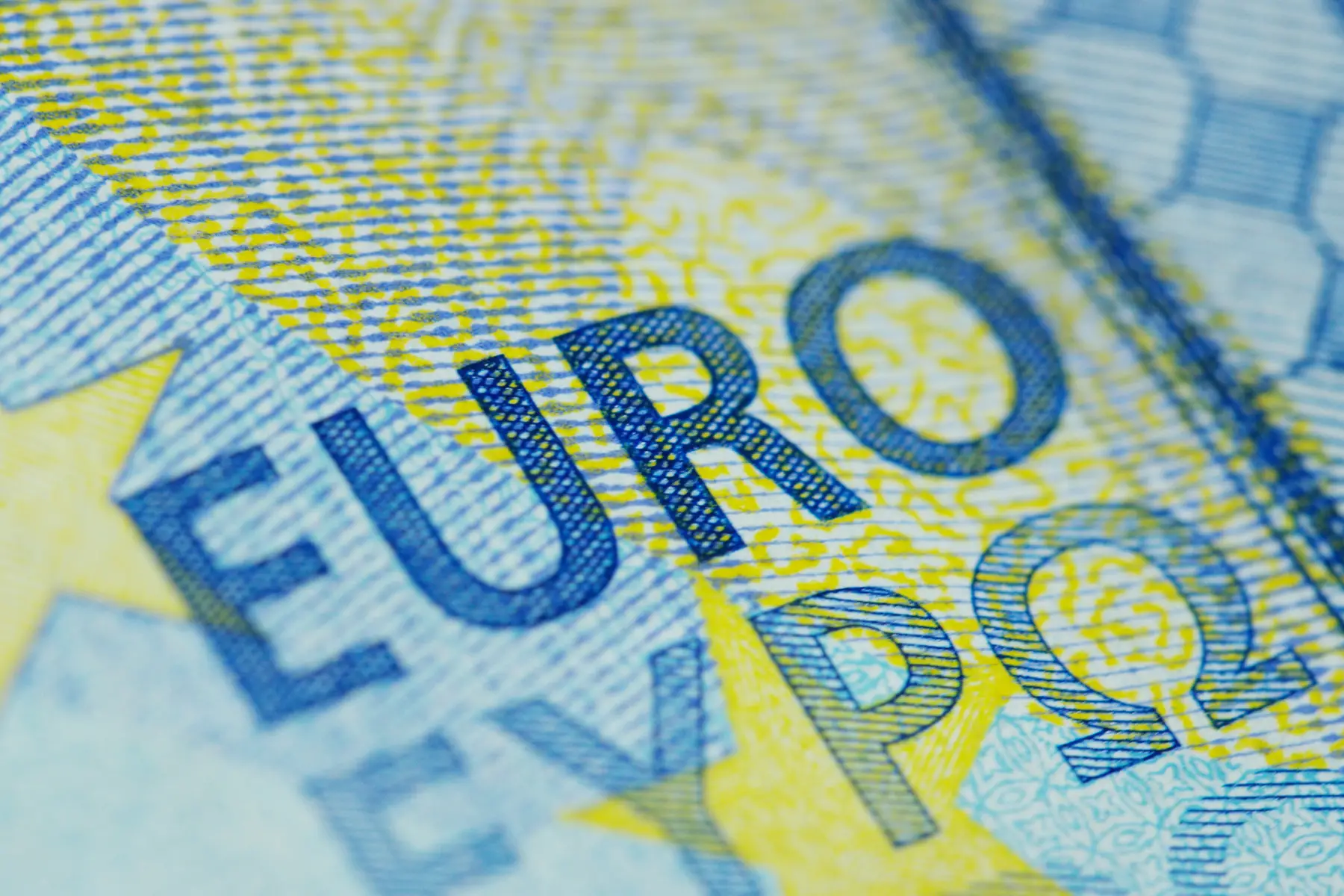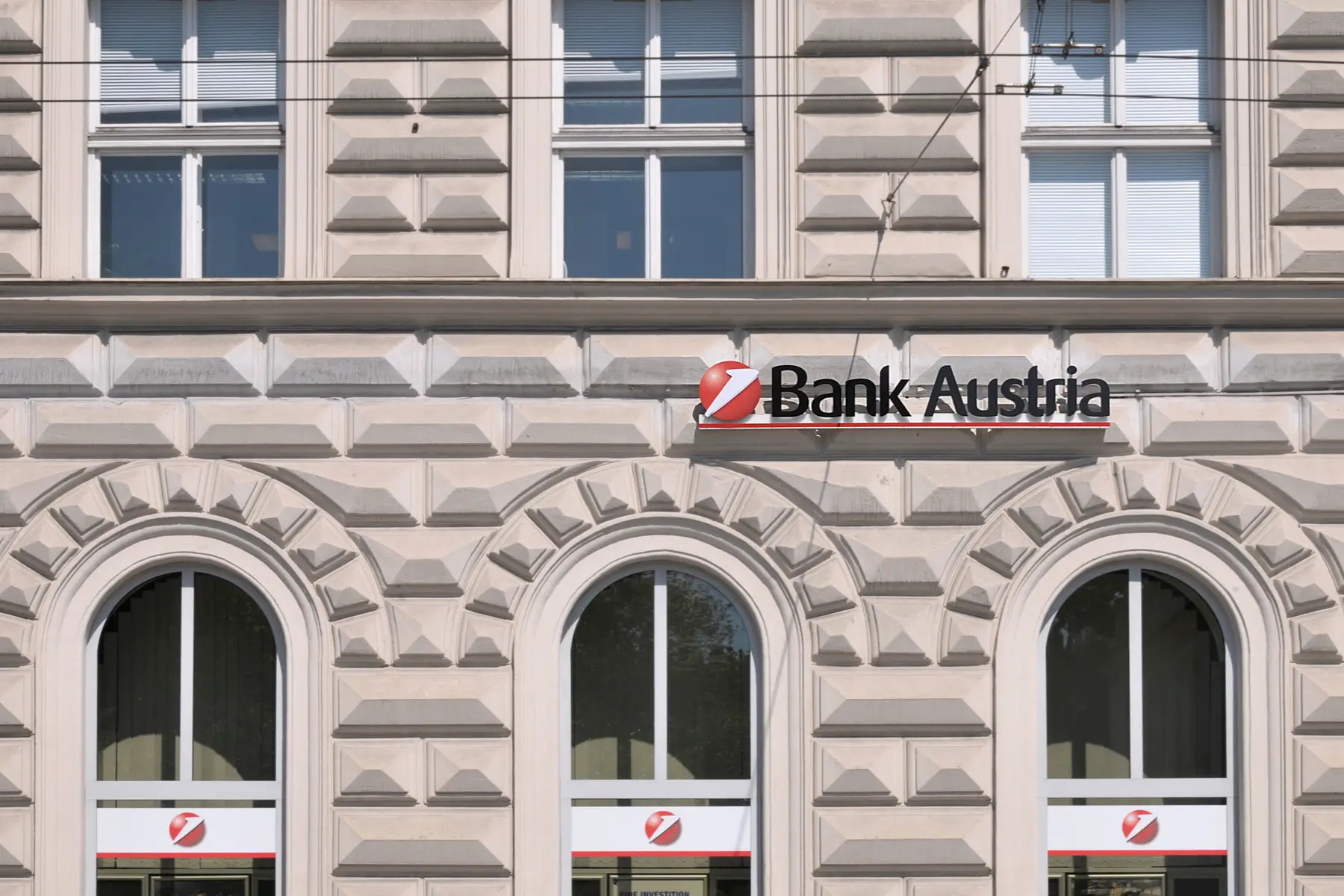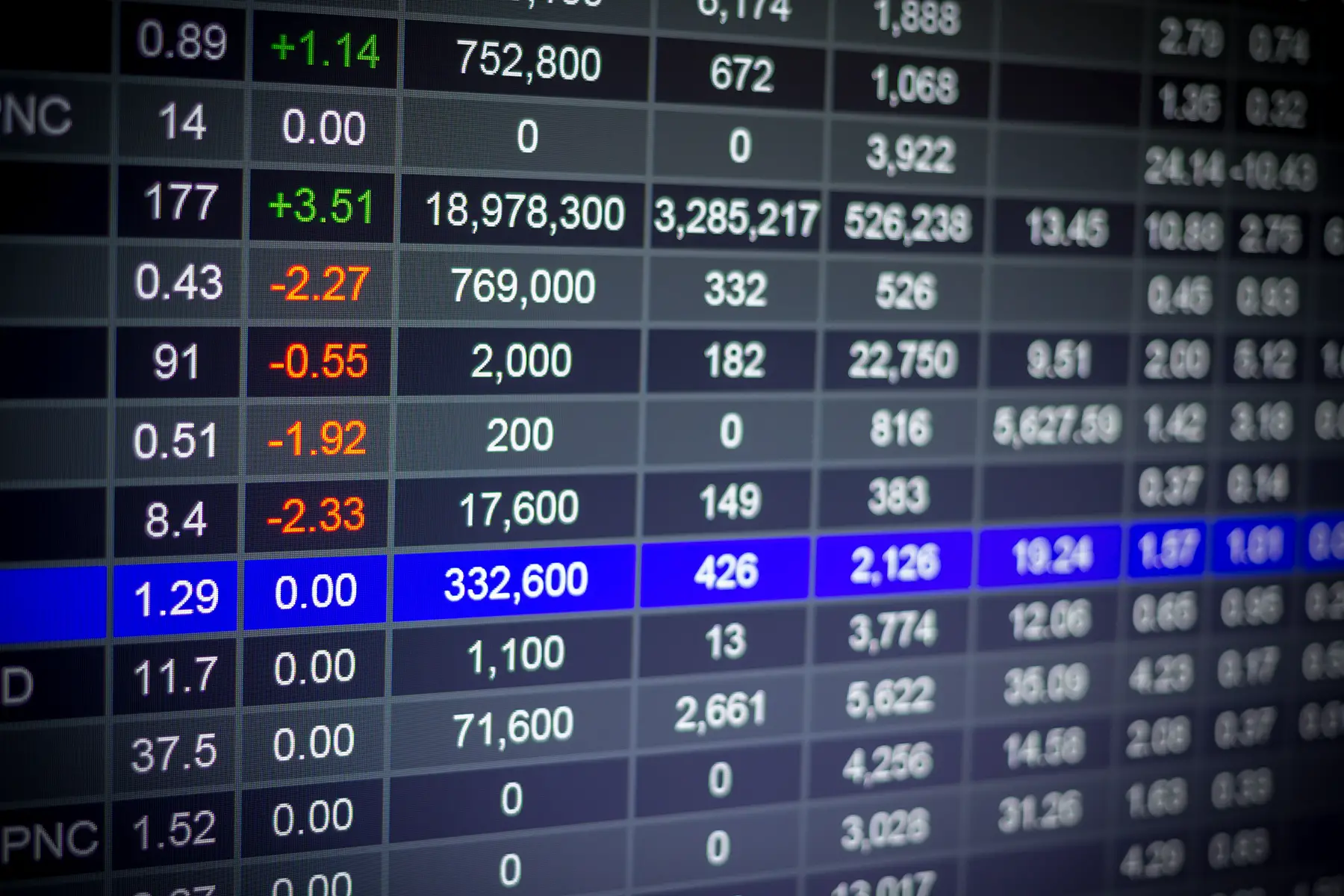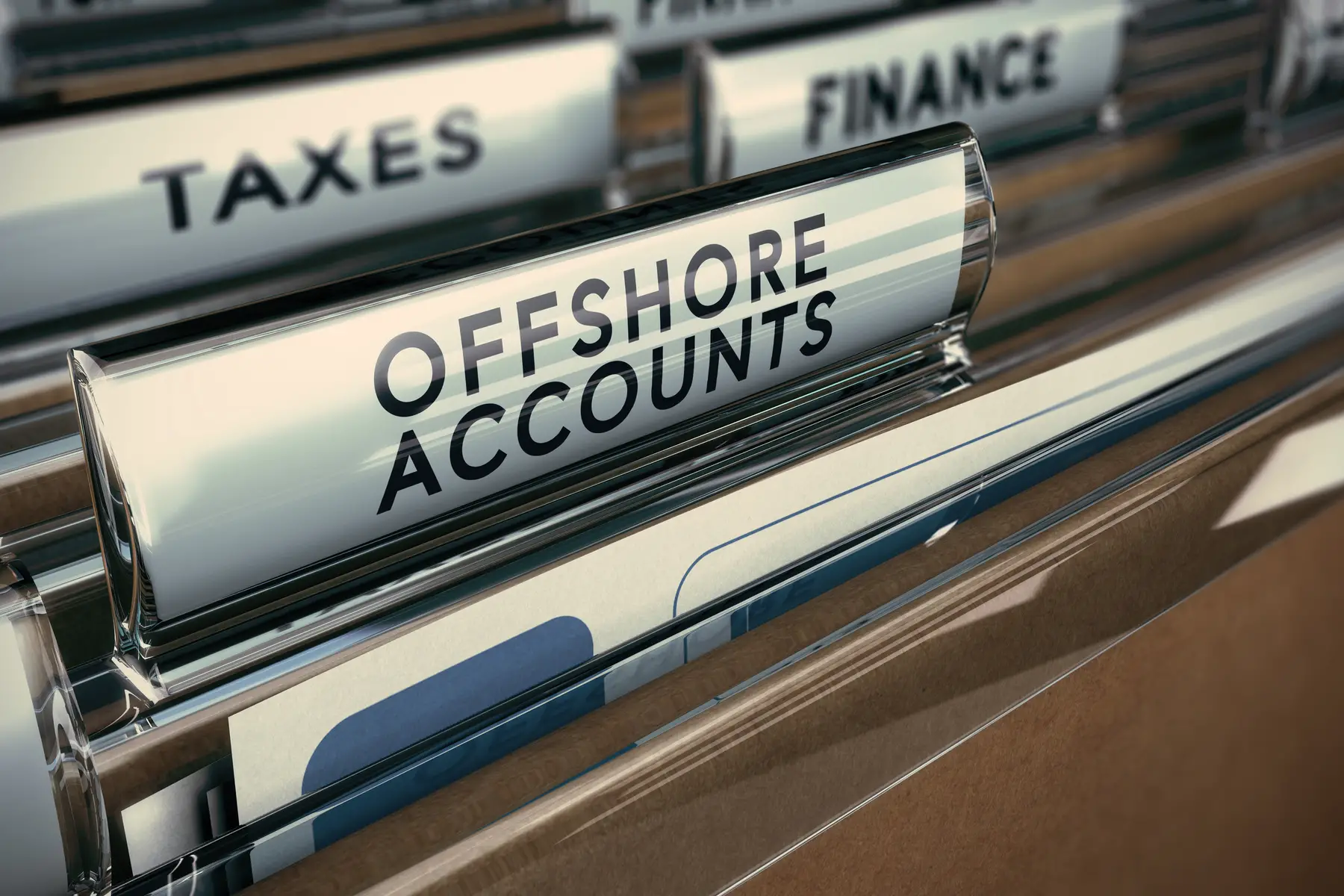Located in the center of Europe, Austria is a desirable option for expats looking to invest. What’s more, the nation’s stable economy and robust sectors in hydropower, wind, and solar energy place it at the forefront of green investment opportunities. Whether you are considering investing as a hobby or exploring offshore investment options in Austria, it is important to have a solid understanding of the country’s investment landscape.
With this in mind, this helpful guide covers everything you need to know if you are looking to invest in Austria, including the following information:
- Investment in Austria
- Savings account investments in Austria
- Pensions investments in Austria
- Property investments in Austria
- Business investments in Austria
- Investment funds in Austria
- Investing in stocks and shares in Austria
- Offshore investments in Austria
- Ethical and sustainable investments in Austria
- Other forms of investing in Austria
- Tax on investments in Austria
- How to invest wisely in Austria
- Useful resources
CurrencyFair
If you’re moving money abroad, check out CurrencyFair. This well-known peer-to-peer currency exchange platform provides competitive rates, low fees, and transparent transactions. Experience efficient, cost-effective international transfers by joining CurrencyFair today.
Investment in Austria
Austria has a solid and consistent economy and offers several grants in terms of tax exemptions for foreign investors. Furthermore, those who choose to invest in the alpine country can benefit from a fast track to citizenship which is highly appealing. Fortunately, except for the area of public security, there are no restrictions under Austrian law for investments by foreigners.

Austria’s geographical location, between Western and Eastern Europe, and its solid economy make it attractive for foreign direct investment (FDI). In fact, UNCTAD’s World Investment Report 2020 shows that FDI increased from US$2 billion in 2018 to US$4.6 billion in 2019.
Notably, Austria rose from 24th to 21st place in the Foreign Direct Investment Confidence Index 2019, with Germany, Russia, and the United States accounting for more than half of Austria’s FDI stock. Additionally, Switzerland, Italy, UAE, Japan, and the United Kingdom are major investors. However, the changing political climate in Austria has some people questioning the stability of the nation, and this uncertainty may lead to less growth in the future. It may also have an impact on some investors’ decisions as to whether or not to invest in Austria.
Savings account investments in Austria
According to the Financial Market Authority (FMA), savings accounts are relatively safe and easy to set up in Austria. In fact, you need only to open a bank account with your chosen bank and begin transferring your money. That said, the high level of security means that yields are low and, therefore, barely cover inflation. As a short-term way of saving, though, savings accounts are adequate.

Typically, the only risk to bear in mind is bank insolvency, in which case, deposit protection applies. This covers deposits, including interest, up to an amount of €100,000 per eligible depositor and bank. Deposits held in foreign currencies are also covered. Fortunately, every bank in the EEA must be a member of this deposit guarantee scheme and continually pay money into the deposit guarantee facility. This ensures that there are funds available in the event of a payout. You can read more about banks in Austria in our helpful guide.
Pensions investments in Austria
There are three parts to the pension system in Austria: state pensions, occupational pensions, and private pensions. And there are two types of pensions within the system: contributory and non-contributory. Employers subtract 10.25% of income as an employee’s contribution.
They will then add 12.55% as an employer’s contribution. You can also take out voluntary unemployment insurance in Austria and choose between a monthly flat-rate contribution of either €89.78, €179.55, or €269.33.

Generally, Austria’s pension system is generous by international standards, and you can use a pensions calculator to find out how you will fare when the time comes to retire.
Property investments in Austria
Austria’s real estate market has risen steadily over the last decade, delivering moderate but stable yields. With the strength of the euro behind it, the property market is affordable when compared to other parts of Europe. This makes it appealing for those looking to invest in Austria. In 2019, the Residential Property Price Index in Austria rose by 5.22% while house prices in Vienna, specifically, rose by 7.62%.
On average, a new house in Austria costs €359,000 while a two-bedroom flat is valued at around €256,000. Occasionally, the purchase of real estate may be subject to the approval of the respective real estate commission (Grundverkehrsbehörde). Usually, this is dependent upon which province the property is in as each province has different regulations. In general, EU companies and individuals will get approval. Non-EU entities and individuals, however, will have to jump through additional hoops.

Additionally, the rental market in Austria is currently a landlord’s market. Because there are plenty of people looking for properties to rent in Austria’s city centers, such as Vienna, landlords have the luxury of being about to choose their tenants. Furthermore, there are fewer homeowners in Austria than in most other Western-European countries. Essentially, renting is the more popular option.
Business investments in Austria
Austria’s economy is essentially driven by three key sectors: the services sector (which accounts for approximately 68%), the industrial sector (around 30%), and the agricultural and forestry industry (around 2%). With a per-head income of approximately €1,700, the tourism industry is also highly valuable to the country’s economy. Chiefly, the 25% corporation tax, along with the existence of group taxation and the pro-investor legislation, all make Austrian companies popular targets for domestic and international investors.
Furthermore, Austria does well in terms of its business environment and ranks 27th out of 190 countries in the World Bank Group’s 2020 Doing Business ranking. Investments are mainly in professional, technical, and scientific activities, finance and insurance, trade, real estate, chemistry and pharmacy, administrative activities, and the manufacture of transport equipment. Moreover, investments have increased significantly in recent years. That said, the start-up creation rate and the renewal of business models in Austria are weaker than in neighboring countries.
Investment funds in Austria
In a nutshell, investment funds are instruments that allow you to invest capital, which usually comes from a number of retail investors, in the financial markets. Typically, the capital gets invested in the form of transferable securities, as well as deposits at banks, commodities, or other investment funds. The investor is then a part-owner of the funds, which can be money-market funds, pension funds, real estate funds, and equity funds. The diversity of investment opportunities allows for a broad market spread for relatively low capital investment.

The three main types of investment funds are bond funds, equity funds, and mixed funds. In Austria, the first thing you will want to check is that the investment fund has authorization in the funds database. If it doesn’t, then the fund is not supervised by the FMA. Essentially, the risk of an investment fund depends on the investment policy and the respective market development of the assets in that fund. Importantly, unlike bonds, investment funds don’t have a fixed redemption price. Furthermore, the performance of investment funds can be negative, which may result in a loss of your capital. However, as a rule, fund shares can be redeemed at any time at the redemption price.
The Austrian Investment Fund Act has some basic principles that funds must adhere to. These include a requirement that a portfolio invests in numerous companies or countries so that it is broadly diversified. Additionally, the funds are ‘open-ended funds’ which means that they are open to an unlimited number of investors, and new shares can be issued anytime. The funds must also be chosen by experts and there must be strict control of the fund management team by independent auditors.
Advice on investment funds in Austria
If you want to put your money in an investment fund, you should go to your bank for initial advice and use an online calculator to work out the profit margins. After you have chosen your fund, your bank will open a securities deposit account to book the fund shares.

Notably, Bank Austria lists its eleven recommended fund partners while Erste Asset Management offers a handy step-by-step guide to investment funds on its website, which you might find helpful.
Investing in stocks and shares in Austria
Essentially, stocks represent legal ownership in a company. You become a part-owner of the company when you purchase shares and corporations issue stock to raise money. The stock entitles the stockholder to a proportionate share of a company’s profits or losses. Investments accumulate over time and can yield a return due to compound interest. This means that your interest can begin earning interest. Essentially, the stock market works like an auction. The price of a stock will go down when there are more sellers than buyers – and vice versa. Notably, both buyers and sellers can be individuals, corporations, or governments.
In Austria, the Austrian Stock Exchange (ATX) increased 209 points or 7.53% since the beginning of 2021. The price index as of January 19, 2020, was 2,989.87. The main stock exchange in Austria is the Wiener Börse AG (Vienna Stock Exchange). As such, trading here offers the largest venue of Austrian stocks and the narrowest spreads. Click here to find the complete list of listed Austrian companies. You can buy stock directly by using a brokerage account or one of the many available investment apps. You can also choose a stockbroker to do it all for you.
Offshore investments in Austria
The main reason why expats often look for offshore investment is to keep their portfolio in one stable tax-efficient location. After all, it can be easy to lose track of international investments along with the management of them; particularly for investors at the beginning stages of their investment planning. Moreover, choosing a steady economy also protects against currency devaluations and fast-moving economic and political changes within a country.
With this in mind, the stability of Austria’s economy may be appealing to those looking to invest. Furthermore, the tax rate of 25% in the country generally exempts dividends and capital gains. For this purpose, some investors choose to create an Austrian holding company in order to convert capital gains to dividends where the home country does not provide capital gains exemptions. Additionally, these holding companies are often used for investments in Eastern Europe because of the favorable tax treaties.
Ethical and sustainable investments in Austria
Fortunately, one of Austria’s largest emerging sectors is in renewable energy. The innovation happening within the sector is widespread throughout the country and is fast becoming the norm in building standards. Essentially, due to several international treaties and the requirement to change from traditional to renewable energy sources, Austria now has a well-rounded subsidy structure. Subsequently, this will ensure an increase in solid investments in the sector.
Other forms of investing in Austria
Excitingly, Austria is becoming a European leader in the start-up world. The country is forever increasing its financial support to start-ups as well as cutting costs for founders. As a result of this, the number of newly established companies in Austria has almost tripled within the last two decades; rising from around 15,000 newly founded companies in 1995 to approximately 40,000 in 2015. Additionally, the sale of Runtastic to Adidas for US$240 million has contributed to Austria’s start-up success story.
Tax on investments in Austria
Despite the capital gains tax increase from 25% to 27.5%, Austria offers foreign investors an attractive taxation regime and remains an investor-friendly jurisdiction. This is partly why the country is the home base for various holding companies of international group structures. Austria also has no wealth tax or trade tax. You can read more about this in our guide to the tax system in Austria.
Austrian corporation tax sits at a flat tax rate of 25% on taxable profits, and this rate is equal throughout the country. The corporate income tax is payable on both distributed and undistributed gains. Additionally, for the Austrian group taxation regime, the profits and losses of domestic group members, together with the losses of foreign subsidiaries, may be set off; thus reducing the basis for calculating corporate tax of the entire group. This group taxation system is available for companies with an equity share of more than 50% in a subsidiary.
Subject to any double tax treaty, the dividend payments of an Austrian company to a foreign shareholder will have to add on a withholding tax of 25%. Usually, double tax treaties with Austria require the company to withhold the tax and the shareholder to apply for a refund. However, there are exemptions to this if the shareholder is a corporation resident in another EU country and holds 10% or more of the shares for one year.
How to invest wisely in Austria
Foreign investors often use a Gesellschaft mit beschränkter Haftung (GmbH), which is a limited liability company. This is set up through the Austrian Companies Register (Firmenbuch). Notably, its articles of association (Gesellschaftsvertrag, Errichtungserklärung) take the form of a notarial deed. Typically, registration takes about two to three weeks to process.
The minimum share capital of an Austrian GmbH is €35,000. However, there are exceptions under which the initial share capital may be substantially less. Purchasing shares or investing in an existing GmbH in the form of a shelf company is also possible.
The FMA offers some sound advice when it comes to weighing your options. These include bearing in mind that with high returns, there is high risk. Additionally, you should prepare to invest for the long term if you want higher returns and to be cautious of any promises of high returns above the market level.
Useful resources
- FMA – the Financial Market Authority website which provides advice and information about investing in Austria
- Bank Austria – provides investment and advisory services for those exploring their investment options
- UBS – the Austrian site of the international bank which offers information about asset management and investment banking










